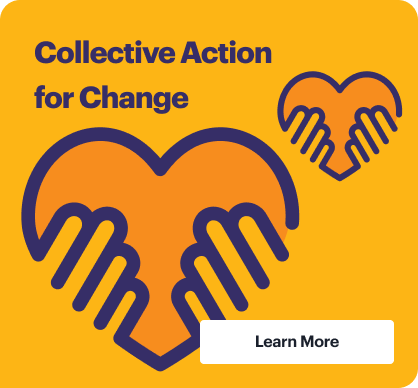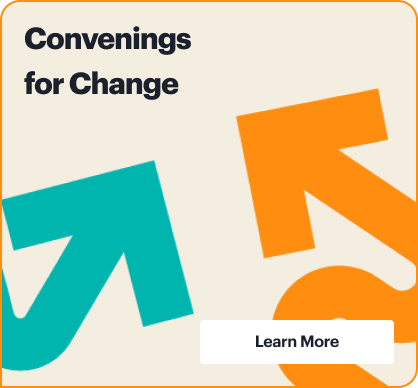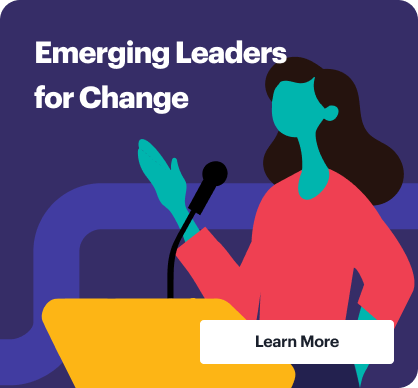Transforming Global Spaces
Global spaces — multilateral bodies, conferences, forums, and meetings where advocates, decision-makers, experts, and other actors can come together to discuss international issues and set standards — are critically needed as many of today’s pressing challenges impact people and communities across national borders.
The COVID-19 pandemic and climate crisis, to name just two, demonstrate how health, environmental, gender, and rights issues know no boundaries and need global attention.
However, there are two major issues facing global spaces:
- First, up to now they have been dominated by actors from the global minority1 who have little to no first-hand understanding of the nuanced and complex challenges faced by the majority of adolescent girls and women worldwide.
- Second, they are increasingly being infiltrated and taken over by anti-rights actors and are no longer spaces for progress. In fact, the standards set in these global spaces are in danger of being weaponized against the rights of girls and women worldwide. This is of grave concern because the standards set in these global spaces have powerful ripple effects that are felt — to some degree — by all of us through their influence over regional, national, and even community policies and priorities.
Our definition of ignored and marginalized voices:
Those with first-hand experiences or who are closest to the challenges faced by girls and women worldwide—including young people, feminist advocates, and coalition leaders from the global majority—possess critically important expertise and lived experiences that should be central in global discussions. However, colonial power structures, along with those who hold power within these structures, have intentionally ignored and marginalized their voices and contributions.
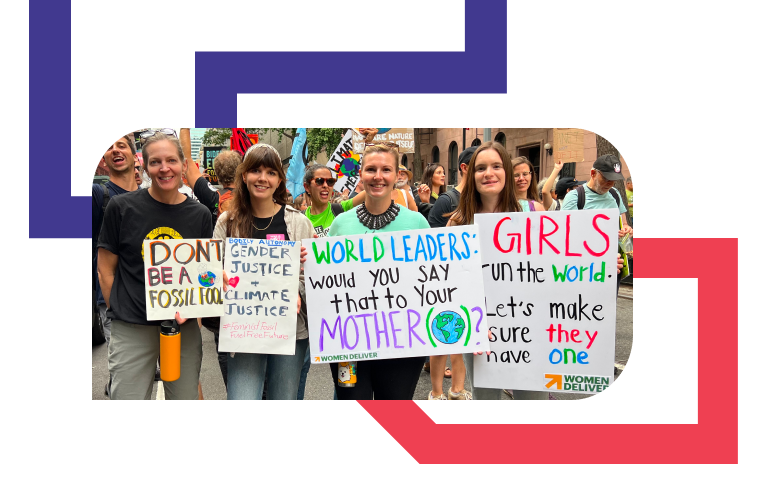
“Women Deliver will ensure that expert voices, which have been systematically ignored and marginalized, gain access to global spaces.”
In order to protect and ideally advance girls and women’s SRHR and bodily autonomy, there is an urgent need to flip this long-standing colonial power structure that was created last century and defend global spaces from anti-rights actors.
Women Deliver firmly believes that as an international NGO of the 21st Century, our focus should be on questioning and challenging the power structures of global spaces — specifically, changing who is in the room, whose voices are heard, and how decisions are made.
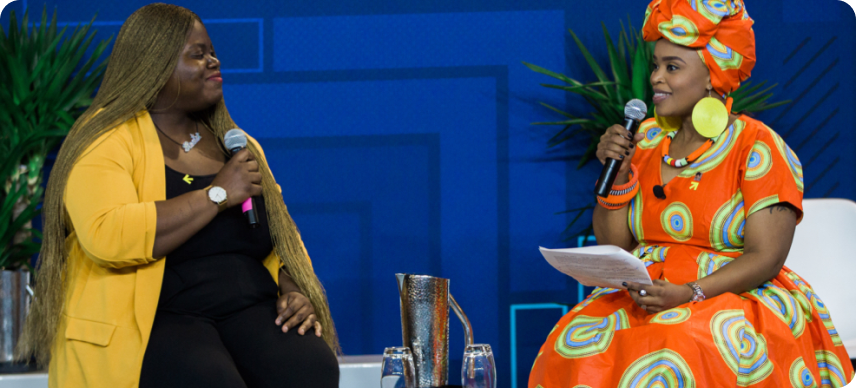
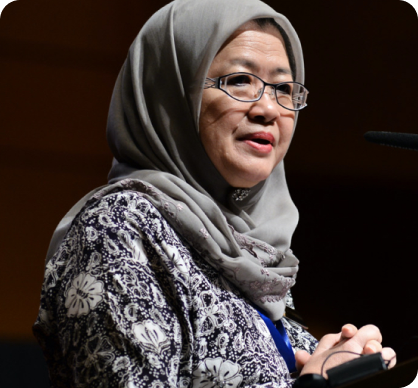
Our ultimate goal is to shift power in global spaces. We harness our almost two decades of experience in building bridges between global decision-makers and gender equality advocates, so that traditionally ignored and marginalized voices have a direct influence on global goals and agendas that can change the course of an adolescent girl’s life. This must include giving our access to global spaces to historically ignored experts and voices, as well as stepping back our presence and lowering our voice to make room for others.
1’Global majority’ refers to most of the population of the world who live in what is often referred to as ‘developing countries’ or ‘the Global South’ (see right). ‘Global minority’ refers to the smaller population of the world who live in wealthier nations, often described as ‘the West’ or ‘the Global North’. See Oxfam’s Inclusive Language Guide for additional information.
How We Work
We advance the health and rights of adolescent girls by creating spaces for collective action, championing and supporting youth advocacy, and convening likeminded organizations. In everything we do, we aim to shift power into the hands of those closest to and living the challenges that girls face.
Back
to Top


